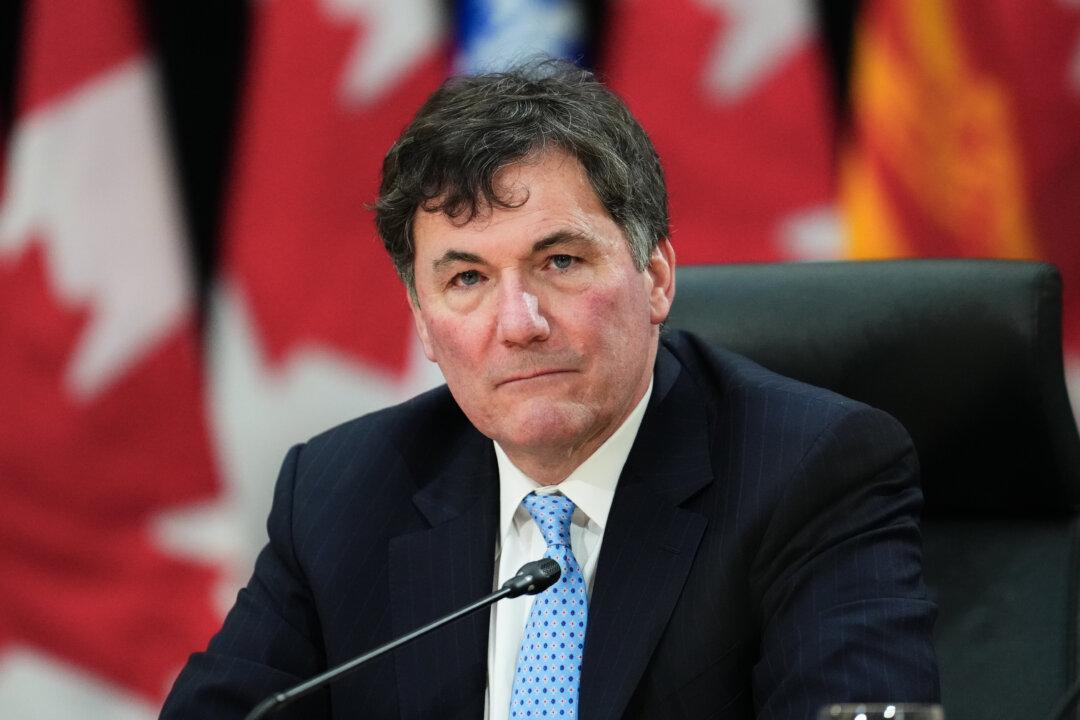Canada has no reason to believe the United States will initiate an early review of the North American free trade agreement, but U.S. officials are interested in addressing economic and security matters, International Trade Minister Dominic LeBlanc says.
LeBlanc made the comments on CBC’s “Rosemary Barton Live,” saying that trade between the two countries remains top of mind for both the Canadian and U.S. governments.





